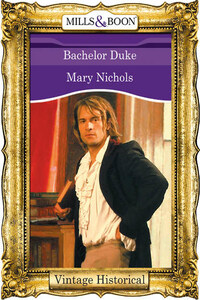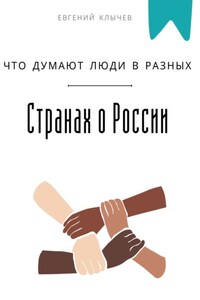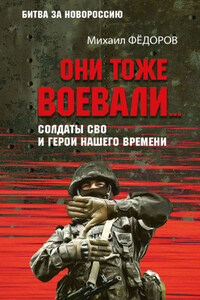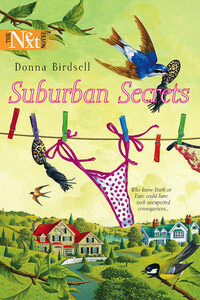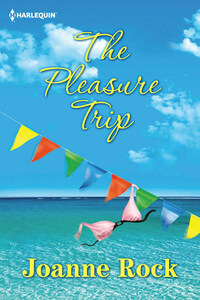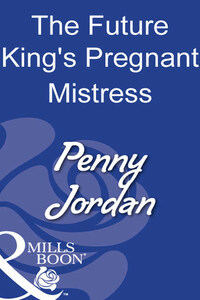“Good heavens, a bluestocking!”
“That, sir, is better than being a milksop, dependent on the generosity or otherwise of a man who can give it or withhold it at his pleasure.”
James had a sudden vision of what it might be like to be a young lady alone in the world. He was used to the ladies of the ton, or demi-reps who flouted convention. But the woman who faced him now was neither. He wished he had not been so sharp with her, but he did not know how to retrieve the situation.
April 1814
The slight breeze that played along the shaded balcony took the heat from the afternoon sun and allowed the scent of bougainvillaea and orange flowers to drift past Sophie and mask the less pleasant aromas from the street below. But she was unaware of odours, either pleasant or unpleasant, as she gazed over the pink tiled roofs to the glittering blue sea of the Bay of Naples. There were more things on her mind than pleasing views and contrasting scents. She was in a dilemma of such magnitude, she did not know how she was going to come about. Her father had died, having ruined his health with wine and spirits, and followed her darling hard-used mother to the grave; now she was alone in a foreign country. Twenty-one years old, unmarried, with no close friends and no relatives who were prepared to acknowledge her, and, to top it all, the rent of this tiny villa was due at the end of the week.
The knock at the door had to be repeated before she heard it; by that time the lady doing the knocking had opened it and was tripping into the room. ‘Sophie, my dear, such news, such wonderful news!’ The middle-aged Lady Myers was short and plump, dressed in a light muslin gown more fitting to someone of Sophie’s years. Her hair, under an enormous bonnet intended to protect her complexion from the sun, was dyed black as a raven’s wing. But she had kind hazel eyes and a warm smile. Seeing her, Sophie realised she had been wrong about having no friends; she did have one. ‘The war is over. Napoleon Bonaparte has capitulated. The allies are in Paris. We can all go home.’
‘Home,’ Sophie repeated. Where was home? In the last ten years, she had lived for a time in France, a strange place of contrasts since the revolution; in Spa in Belgium; in Chamonix in Switzerland, where the sweet mountain air and wonderful landscape had served to raise her mother’s spirits for a short time until they were forced to flee again. Oh, Papa never admitted they were running away, but that is what it was; a vain bid to escape his creditors. Living abroad was cheaper than in England and they might have managed tolerably well but for her father’s vice, which pursued them wherever they went.
After Switzerland there was Vienna, where she and her mother spent hours exploring and her father filled his time with gambling among other expatriates, convinced he was on the verge of the ‘big win’ and they would once more be in funds and able to look their friends in the eye, not to mention hoteliers, landladies and mantua makers. The coup never came and Papa was the only one surprised at that, but it meant that they could no longer pay their hotel bill and had to make a hurried exit in the middle of the night, which the fifteen-year-old Sophie had found exciting, but which did her mother’s nerves no good at all. They went to Venice, then Milan, Turin, Florence and Rome in turn, always one jump ahead of the dunners, until two years ago they had arrived in Naples. By then her mother was seriously ill, but she had been cheered to discover Lady Myers living close by. ‘She came to live near us when she married Lord Myers and we became friends,’ Mama had told her. ‘Lord Myers was in the diplomatic service and they were always on the move, and later so were we and we lost touch. Now we can renew our acquaintance.’
Their small entourage of valet, footman and maid had already gone in order to save paying wages. Now they were forced to stay in one place. The coachman had gone too, and the sale of the coach and horses and most of her mother’s jewellery had kept them going for a time, particularly as Papa, overcome by guilt, swore he had turned over a new leaf. But it was too little too late. As far as Mama was concerned, they were stranded in a foreign country in the middle of a war with no hope of returning to England; though Papa continued to maintain he would soon set all to rights, Mama gave up believing it and soon gave up on life.
Lord Langford’s grief at his wife’s death had been astonishing to behold. He wept for days, wallowing in remorse and self-loathing, asking Sophie for her forgiveness and drinking copious amounts of wine and cognac to deaden his pain. Sophie had been numb with grief herself and had no comfort to offer him. She went about in a daze, knowing it was no good relying on him to provide for them and she would have to do something herself if they were not to starve.
